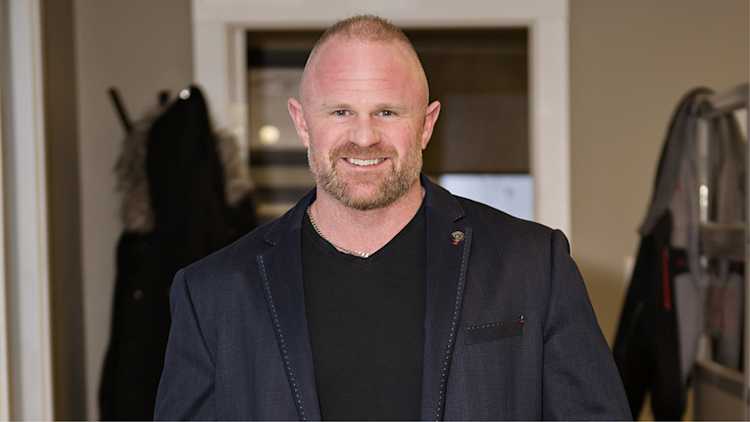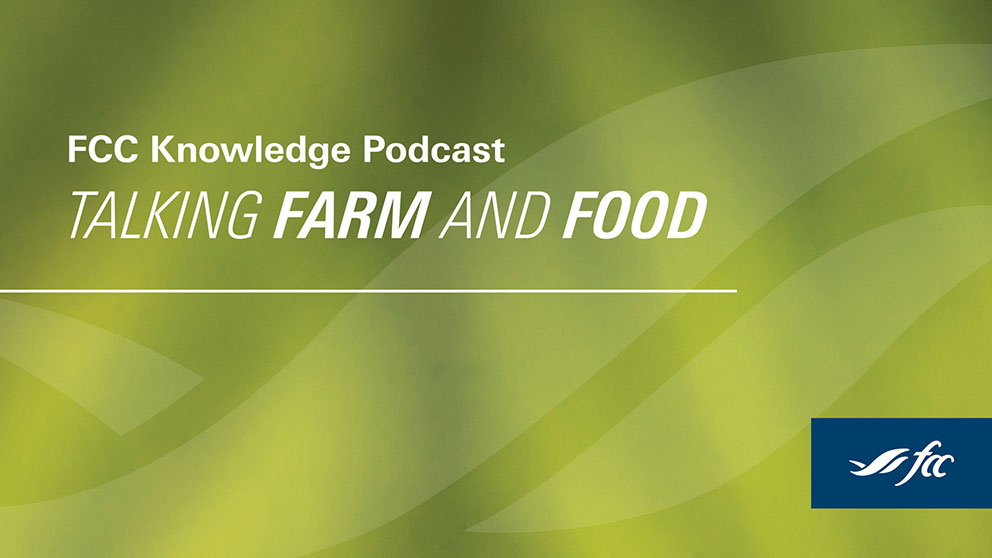Farming with purpose: Embracing the CEO mindset

The CEO mindset isn't just about decision-making; it’s about balancing priorities in personal and business life. This is essential for making farms more self-sufficient, says Evan Shout, CPA and CFO of Hebert Grain Ventures (HGV), a 40,000-acre grain and oilseed operation in Moosomin, Sask.
With expertise rooted in both innovation and sustainability, Shout brings valuable insights to the agriculture industry. He also serves as a consultant, business coach and speaker through Maverick Ag, the consulting and financial management division of Hebert Group. This group is the “family group” and parent company that holds the investments and non-operation-based assets.
The lifestyle didn’t create the business – the business creates the lifestyle.
Growing up in rural Saskatchewan, Shout was immersed in a farming community where agriculture was both a lifestyle and a central economic force. He developed a deep understanding of farm life and a clear vision for areas of growth. “We're a very proud industry. We're built on families, we're built on legacy, we're built on the lifestyle of agriculture,” Shout says. “But the part that's changing, or that we've realized, is that the lifestyle didn’t create the business — the business creates the lifestyle. Many farms have the lifestyle, but it's making it much more difficult to be a producer these days with the amount of costs and the number of zeros behind every decision.”
To Shout, the CEO mindset is about running the farm like a business. He emphasizes the importance of having procedures, people and processes — ultimately transforming the farm into a self-managing enterprise.
Building a collaborative culture
Delegation and trust are central to Shout’s leadership philosophy. “I got hired more or less just to take a few tasks off Kristjan’s plate,” Shout says, referring to Kristjan Hebert, president of the Hebert Group and managing partner of HGV. Many farmers, he notes, struggle with guilt if they aren’t directly involved in every aspect of their operations, often putting in exhausting hours.
Trust in the team is critical to overcoming that guilt, Shout explains. “In today’s society, we always reward performance, but we never reward trust. In agriculture, to get over the guilt factor and not be out there 24 hours a day, you need to have trust.”
Shout emphasizes empowering others by building processes that enable independence. “The biggest thing for us is that we’ve got teams and management in charge of each team, and they’ve got processes and procedures in place that allow them to solve 98% of what comes across their plate.”
“We trust that if they can’t handle it, we’ll get that phone call,” Shout says.
The role of emotional detachment in decision-making
Shout stresses the need to remove emotion from major business decisions. “When you're in the boardrooms, it’s a business discussion,” he says. On family farms, however, emotions often creep into decision-making.
His advice is to maintain clear, logical communication that prioritizes the farm’s long-term success. Shout recommends using systems like the Identify, Discuss and Solve (IDS) model, a core tool of the Entrepreneurial Operating System (EOS). It’s designed to help businesses align their vision, strategy and operations by enabling teams to identify the root cause of issues, engage in focused discussions, and implement effective solutions to drive progress. This helps to avoid emotional biases common in family-run farms, such as having an emotional attachment to farmland or machinery that’s been in the family for years.
Engaging the next generation
Shout emphasizes that clear roles and responsibilities are essential for smooth farm transitions. “We all know that succession and transition on farms are massive issues, and part of it is just that nobody has a role or responsibility. Everybody is just in charge of everything,” Shout says. To ease transitions, he encourages assigning clear roles so each family member has defined responsibilities, reducing conflicts over tasks.
As agriculture evolves, younger farmers are adapting to these shifts in new ways. “Technology has made that a lot easier because the next generation is more technologically savvy than the generation before them probably was,” Shout says.
“It’s giving them different roles and different responsibilities. So, when children do come back to the farm, they’re not all stepping on each other’s toes because the parents know that their children are better in agronomy or tech or better at marketing, and the children know that their parents have the experience, have grown 30 crops, and know how to put things in the ground.”
According to Shout, this clarity in roles fosters the “big CEO mindset” where “everybody’s in charge of their own thing.”
Redefining success in agriculture
Shout sees a shift in how success is defined in agriculture. In the past, success was often measured by hours worked. “If you put in 3,000 hours, you were successful,” Shout says. “That mindset has changed.”
Today, success is a more holistic concept that values personal time and quality of life. Farm operators can foster a sustainable lifestyle that supports both their work and family by prioritizing mental and physical health alongside agricultural responsibilities.
Embracing change for future success
“In agriculture, we’ve always had that line: ‘It’s always been done this way.’ It's one of the most dangerous lines,” Shout says. “I agree that we need to respect what's been done in the past, but we're also in a different generation now.”
Looking to the future, Shout sees tremendous potential for innovation and diversification. “I can remember when I was a kid — and probably even a decade ago — things changed, but not a lot. In the last decade, I've seen farms become things that I never thought were possible, whether it’s technology, data or just the mindsets of farms today. We’re starting to see something special in agriculture, and we're beginning to adapt to the speed of change.”
By fostering a culture of collaboration, adaptability and community engagement, agriculture can thrive in today’s rapidly evolving landscape. “Success is independent in each farm,” Shout says. “No farm has the same goals.”
Curious to learn more?
Use the Farm CEO Checklist to define a clear path and access the tools and resources to help you grow your business.
From an AgriSuccess article by Emily Leeson.

Evan Shout discusses the importance of adopting a CEO mindset in farming operations.
